The project has been launched by the International Institute for Applied Systems Analysis (IIASA), International Institute for Sustainability (IIS), the UN Environment Programme World Conservation Monitoring Centre (UNEP-WCMC), and the UN Sustainable Development Solutions Network (SDSN).
Nature Map is partnered with Botanic Gardens Conservation International (BGCI), Botanical Information and Ecology Network (BIEN), Global Assessment of Reptile Distributions (GARD), Global Biodiversity Information Facility (GBIF), iNaturalist, Manaaki Whenua – Landcare Research, OpenLandMap, and UN Biodiversity Lab.
The International Institute for Applied Systems Analysis (IIASA) is an independent, international research institute with National Member Organizations in Africa, the Americas, Asia, and Europe. Through its research programs and initiatives, the institute conducts policy-oriented research into issues that are too large or complex to be solved by a single country or academic discipline. This includes pressing concerns that affect the future of all of humanity, such as climate change, energy security, population aging, and sustainable development. The results of IIASA research and the expertise of its researchers are made available to policymakers in countries around the world to help them produce effective, science-based policies that will enable them to face these challenges.
The International Institute for Sustainability (IIS) is an organization based in the city of Rio de Janeiro that is dedicated to promoting the transition to sustainability. IIS develops in line with the emerging field of Sustainability Science interdisciplinary research, provides assistance to governments, intergovernmental agencies, NGOs and businesses seeking solutions to their sustainability challenges and develops and implements projects. The main focus of IIS is sustainable land use, combining production requirements, environmental services and social development.
The UN Environment World Conservation Monitoring Centre (UNEP-WCMC) works with scientists and policy makers worldwide to place biodiversity at the heart of environment and development decision-making to enable enlightened choices for people and the planet. Our 100-strong international team are recognised leaders in their field and have unrivalled understanding of the institutional landscape surrounding biodiversity policy and ecosystem management. Based in Cambridge, UK, UNEP-WCMC is a collaboration between UN Environment and the UK charity, WCMC.
The UN Sustainable Development Solutions Network (SDSN) has been operating since 2012 under the auspices of the UN Secretary-General. SDSN mobilizes global scientific and technological expertise to promote practical solutions for sustainable development, including the implementation of the Sustainable Development Goals (SDGs) and the Paris Climate Agreement. We aim to accelerate joint learning and promote integrated approaches that address the interconnected economic, social, and environmental challenges confronting the world. SDSN works closely with United Nations agencies, multilateral financing institutions, the private sector, and civil society.
It is implemented with support from Royal Botanic Garden, Kew.
Kew is a global resource for plant and fungal knowledge. Our unique combination of extensive collections, databases, scientific expertise and global partnerships gives us a leading role in facilitating access to fundamental plant and fungal information. The core purpose of our science stems from a simple but often overlooked truth: all our lives depend on plants and fungi.
We are grateful for funding from Norway’s International Climate and Forest Initiative (NICFI).
Norway’s International Climate and Forest Initiative (NICFI) aims at supporting efforts to reduce greenhouse gas emissions from deforestation and forest degradation in developing countries (REDD+). Reducing such emissions could deliver a quarter of the climate change mitigation the world needs to stay on a two degrees warming pathway towards 2030. NICFI has so far disbursed 14 billion NOK to REDD+ (by end of 2014).





